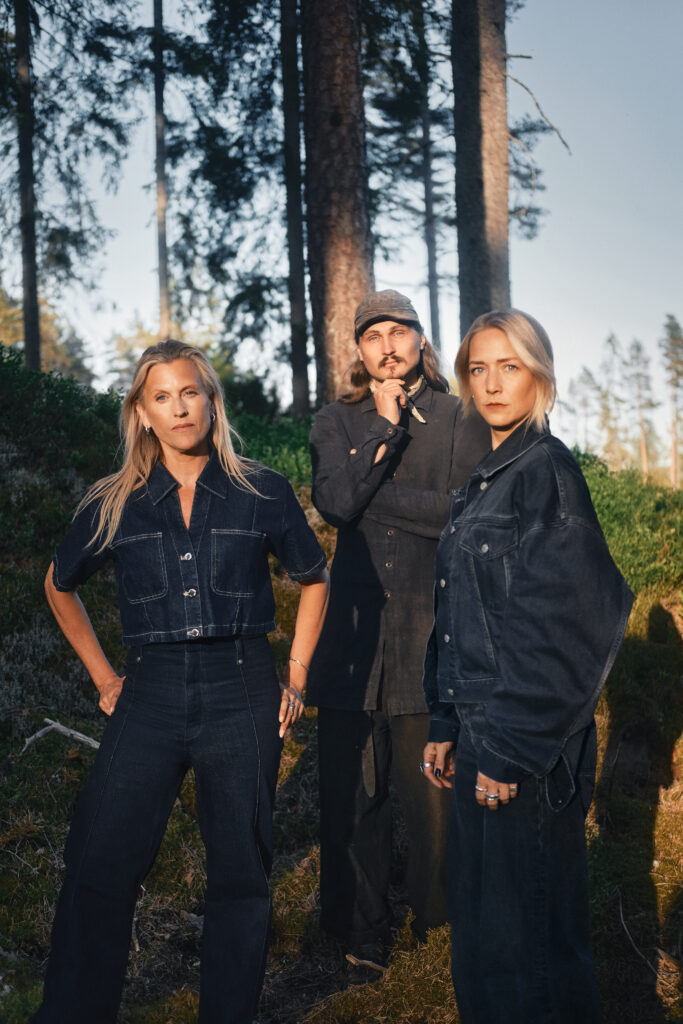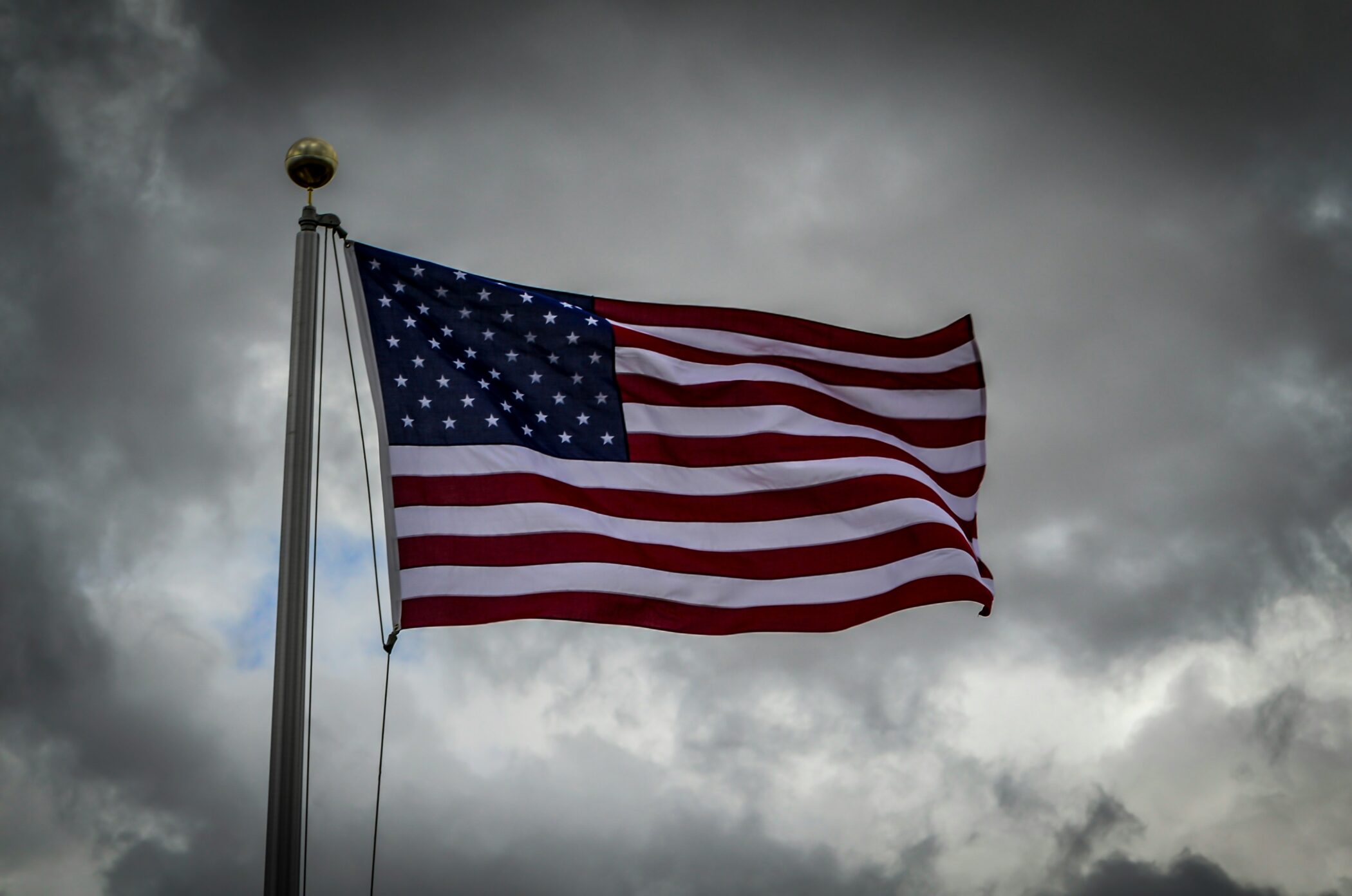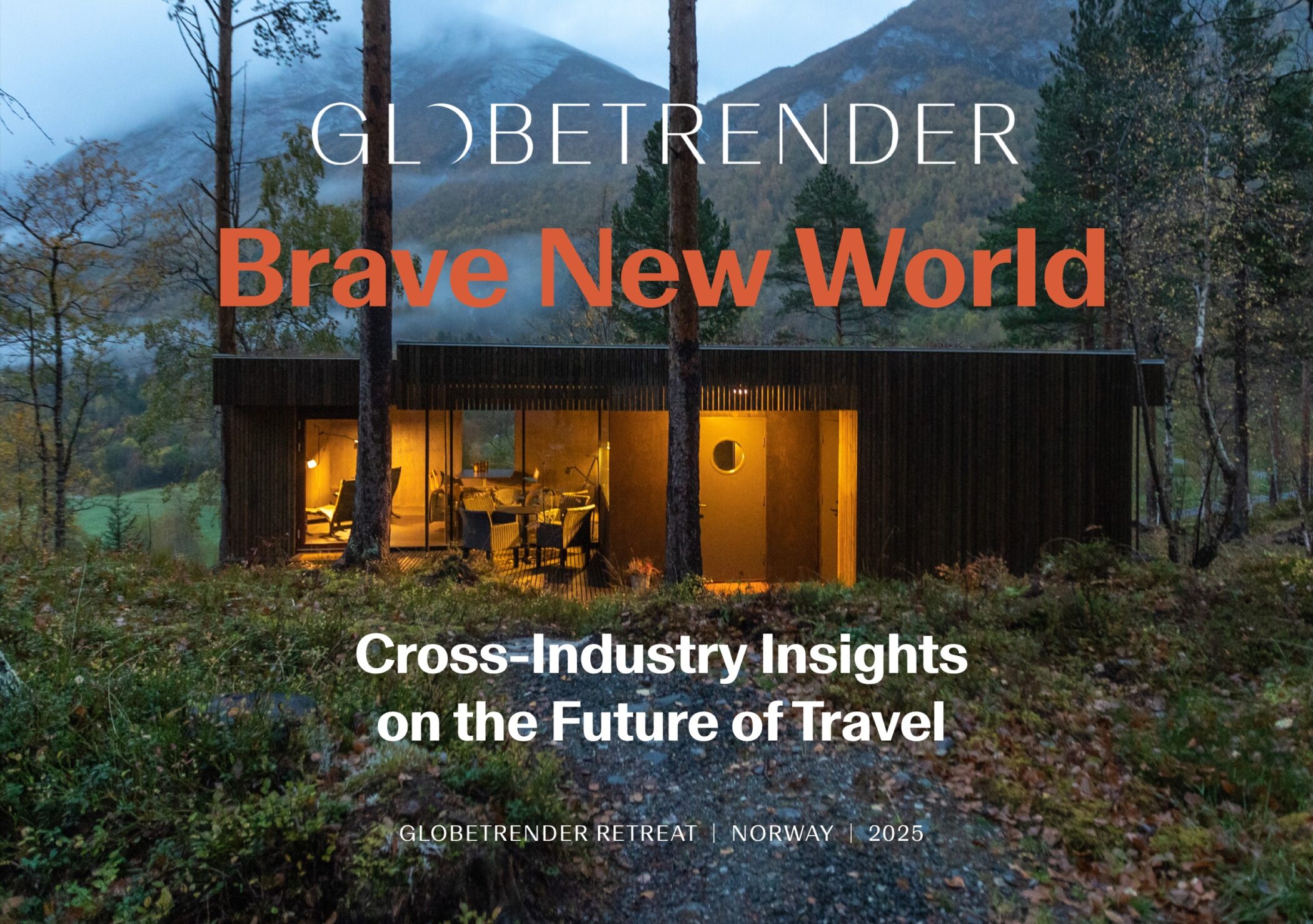Koyia trades perfume for time spent in a Swedish forest
Swedish scent startup Koyia has opened an unmanned store in a forest with no street address where customers pay for products not with money but with 599 seconds of their time. Olivia Palamountain reports
Swedish scent company Koyia an has opened a fully automated store deep in a forest accessible only by GPS coordinates. The unmanned space operates on an unusual payment system where "time is the only currency", with visitors spending 599 seconds inside rather than using money.
Customers scan their phone to start a countdown, and when the time elapses, the system automatically provides access to a scent oil. Products that normally cost 599 Swedish kronor online instead cost roughly 10 minutes of presence, creating a direct time-to-money exchange rate.
Ylva Nestmark, co-founder of Koyia, says: "We believe the next generation of retail won't just be about transactions, but about systems that create real value for people and the planet. By letting time replace money, we're testing how technology can make commerce more sustainable."

The concept represents an unusual application of automation technology, using it to slow consumption rather than accelerate it. The forest location incorporates research showing that 10 minutes in nature reduces stress and improves focus, building this effect into what the company terms a "shopping experience."
Therése Bohlén Kinn, co-founder, adds: "What if the future of travel and shopping wasn't about consuming more, but experiencing better?"
The store stocks what Koyia calls "slow down scents" - natural scent oils enriched with phytoncides from Scandinavian spruce. Phytoncides are organic compounds released by trees that some research suggests may have stress-reducing properties, though the company is essentially bottling forest atmosphere as a product.
The absence of a conventional address positions the store as a destination requiring deliberate effort to reach, contrasting with typical retail strategies emphasising accessibility and convenience. A nearby treehouse called Tallkotten is available on Airbnb for visitors wanting to extend their stay in the area.
The time-based payment system sidesteps traditional commerce infrastructure entirely - no cash registers, card readers or mobile payment systems. Customers must simply remain present in the space for approximately 10 minutes to receive a product, though the enforced waiting period also functions as a marketing mechanism that creates scarcity through time investment rather than limited inventory.
Koyia was founded in 2023 and produces scent oils locally in Sweden. Elle magazine named it one of the most noteworthy beauty launches of the year, recognising the brand's positioning around phytoncides and stress reduction.
The forest store model raises questions about scalability - the time-equals-money concept works when products cost single-digit minutes but becomes impractical for higher-value items. The 599-second duration translates to roughly £5 at minimum wage rates, suggesting the system functions more as experiential marketing than a viable alternative payment infrastructure.
The company frames the project as a "prototype for the store of the new age," testing whether retail spaces can create value through presence and experience rather than immediate transaction. The model assumes customers value the enforced pause and natural setting enough to travel to an unmarked forest location rather than simply ordering online.
The automation allows round-the-clock operation without staff costs, though the remote location and GPS-only access likely limit visitor numbers compared to conventional retail spaces. The concept combines several current trends in experiential retail, wellness tourism and sustainable consumption into a single offering that positions shopping as a deliberate, meditative practice rather than convenient acquisition.
Whether the time-based currency model represents a genuine alternative to conventional commerce or functions primarily as a brand-building exercise remains unclear. The system works for a single product at a specific price point but offers limited evidence of broader applicability across different product categories or price ranges.

























